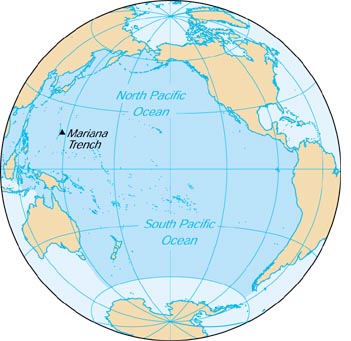SMALL ISLAND STATES PROJECT
Index
.
.
.
.
.
.
.
.
.
.
.
.
.
.
.
.
.
[ver 3.0 2002/06/04]
Robert Seward
REGIONAL SECURITY IN THE PACIFIC ISLANDS
INTRODUCTION[1]
Part 1 Introduction
Security studies have traditionally focused on the narrow prism of territorial protection from armed attack. More recently scholars have broadened the concept to consider security from a larger perspective, including the areas of social, environmental, economic, and food security. These areas are no less germane to “early warning systems” of security concerns, every bit as critical to the avoidance of conflict and the loss of life. Such a broadened understanding of security is appropriate for inquiry into security of the Pacific Islands as the region has not been subject to conventional conflicts since World War II.
The Pacific has, on the other hand, experienced intra-state conflicts—notably in the Solomon Islands, Papua New Guinea, and Fiji—which can also be seen in the context of a worldwide increase since the end of the Cold War. These internal clashes account for most of the armed conflicts in the Pacific region. They place new demands on the armed forces for humanitarian relief, evacuations, peacekeeping, and peace enforcement. Presently, for example, peacekeepers are in service on the island of Bougainville to maintain peace after more than ten years of struggle.
In this paper I look at security in these expanded terms with special consideration of Pacific island states. Australia and New Zealand are outside of the purview of this paper, except where they play a role in providing military assistance.
[1] Portions of this paper were presented in an Institute for International Studies Forum, May 2001. I appreciate the comments of Professors Takenaka Chiraru and Takahara Takao. Support for this paper has been received in part from the Small Islands States Project of the Institute for International Studies, Meigaku. The author expresses appreciation to Kagohashi Etsuko and institute staff members.
